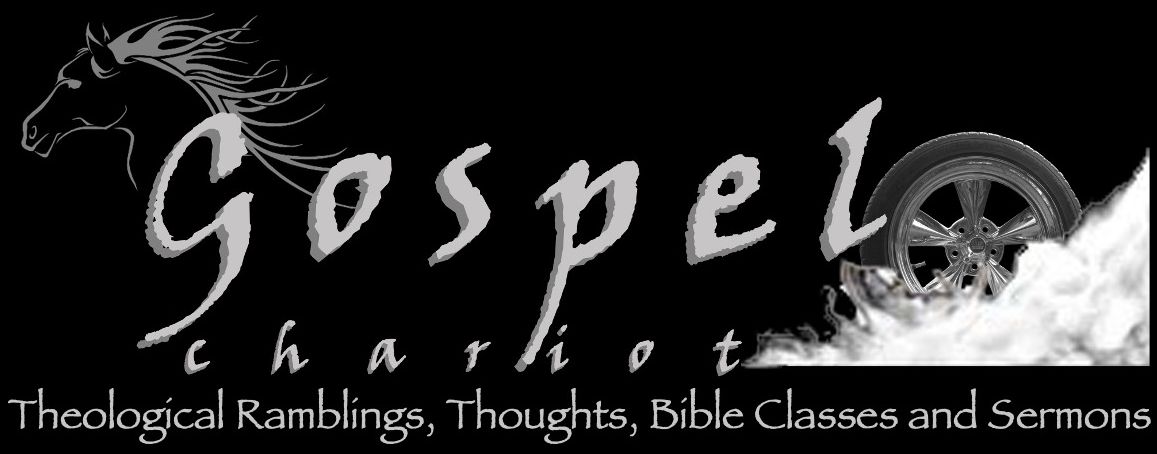PASSION!
You don’t need more guilt to live a godly life.
You need more passion.
Guilt is a poor fuel for faith. It might get you started, but it won't carry you far. Sooner or later, guilt runs out. When it does, so does your momentum.
But passion? Passion endures.
Some people wake up every day feeling like they have to prove something to God. They drag themselves through their spiritual life, weighed down by shame and fear, thinking maybe if they do enough good things, they’ll finally be enough.
That’s not how grace works.
The life Jesus calls us to isn’t powered by pressure. It’s driven by devotion. It’s not about religious routines that leave us exhausted and empty. It’s about a daily, joy-filled pursuit of the One who first pursued us.
Piety — the outward expression of inward faith — was never meant to be a burden. It’s meant to be the natural overflow of a heart that’s been set on fire by grace.
You don’t need more guilt to live a godly life. You need more love for the God who already gave everything for you. And when that love takes root, it changes everything.
THE MUSTANG THAT WOULDN’T DIE
In the fall of 1982, I was a sophomore in college, and I needed a car to drive to New Herman Church of Christ. I bought a 1967 Ford Mustang. It was lime-gold metallic, with a 200 inline six engine and a 3-speed manual transmission. It had no air conditioning, no power steering, no power brakes. It wasn’t fast. It wasn’t flashy. But it was mine, and something about it stirred something in me.
That car stayed with me through the years, even when I stopped driving it. For long stretches, it sat in barns and under carports — weathered by time, neglected by necessity. There were seasons when it couldn’t be driven, when it wasn’t safe to take on the road. And still, I held onto it.
DiAnne and I have had nicer cars, bigger cars, and faster cars since then. But that old Mustang has held a place in my heart that no other vehicle ever has.
Several years ago, I finally made the decision to restore it. Some people thought I was crazy. Maybe they were right. A logical person would’ve sold it for scrap or sent it to the junkyard. But love doesn’t always follow logic. My heart wouldn’t let me let it go.
I couldn’t do the bodywork myself, so I turned it over to Bobby Hunter and his team. They repaired the frame, replaced the panels, and gave it new life with fresh paint. Bobby rebuilt the engine and transmission. Then it came back to me in pieces.
And that’s where the journey really began.
ONE SMALL THING EVERY DAY
That Mustang didn’t come back to life overnight. There was no dramatic montage, no moment when everything snapped into place. It came back together one bolt, one wire, one panel at a time.
Most evenings after work, I’d head into the garage and do just one thing. Sometimes it was small — cleaning a part, running a wire, fitting a bracket. Other days, it was more involved. But the rhythm stayed the same: one thing each day.
Nobody had to push me. Nobody had to remind me to keep going.
I didn’t need motivation. I didn't need a deadline.
I wanted to do it. I stayed excited about it. Not because the process was easy — it wasn’t. But because something in me had already decided: this matters.
That’s what piety looks like in practice. Not grand gestures. Not spiritual fireworks. Just steady, passionate faithfulness — even when the work is slow and unseen.
You see, passion doesn’t always show up in loud moments.
Sometimes, it’s quiet. Sometimes, it’s ordinary.
But it’s always devoted.
That Mustang was being resurrected not because it was useful, but because it was loved.
And that’s exactly what Jesus does with us.
WHAT IS PIETY, REALLY?
Piety isn’t a word we use much anymore. It sounds old-fashioned, like something from another era. But strip away the layers of formality, and you’ll find something deeply relevant and deeply needed.
Piety is what happens when your faith stops living in your head and starts showing up in your life. It’s the evidence of belief, the fruit of devotion, the outward motion of an inward transformation.
Piety is not about following rules to win God’s favor. It’s not about gritting your teeth and trying to be good. It’s not driven by fear. It’s not motivated by guilt.
Real piety is fueled by love.
It’s the natural response to a heart that’s been rescued.
I loved that old Mustang, and because I loved it, I gave myself to it. I researched every decision, tracked down every part, and showed up day after day. Not because I had to, but because I wanted to. Passion drove the process.
Now think of this:
Jesus poured Himself out for you.
He didn’t restore you out of obligation. He didn’t redeem you reluctantly.
He did it because He loves you.
And now, you respond — not with guilt, but with gratitude.
Not with fear, but with fire.
Piety is not performance. It is the overflow of a heart in love with God. It’s faith in action, yes — but it’s action that grows from affection.


Responses